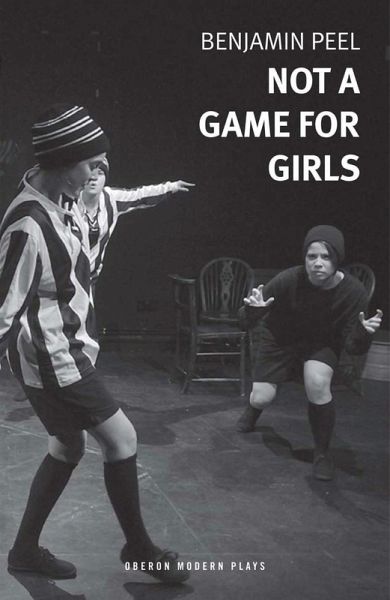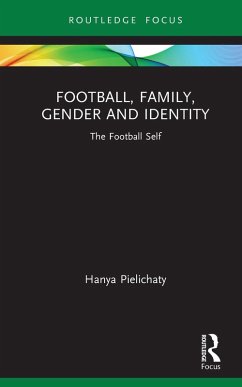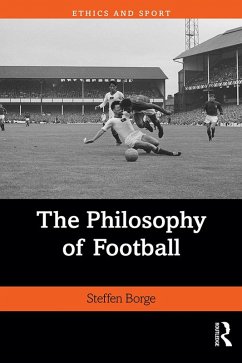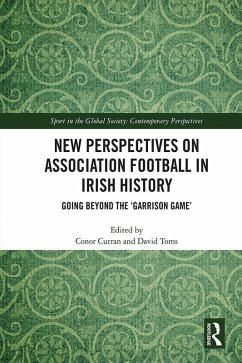
Not A Game For Girls (eBook, ePUB)

PAYBACK Punkte
4 °P sammeln!
Not A Game For Girls explores the most successful of the women's football teams established to boost wartime morale, following the suspension of all Football League matches at the end of the 1914-15 season. The Dick, Kerr's Ladies team was founded in 1917, based in Preston, Lancashire, and included the player Lily Parr who was honoured with a statue at the National Football Museum in Manchester in 2019. The play aims to highlight the Dick, Kerr's Ladies story, capturing the spirit and camaraderie that led women to ignore and defy prevailing social attitudes, both on and off the pitch. It shows...
Not A Game For Girls explores the most successful of the women's football teams established to boost wartime morale, following the suspension of all Football League matches at the end of the 1914-15 season. The Dick, Kerr's Ladies team was founded in 1917, based in Preston, Lancashire, and included the player Lily Parr who was honoured with a statue at the National Football Museum in Manchester in 2019. The play aims to highlight the Dick, Kerr's Ladies story, capturing the spirit and camaraderie that led women to ignore and defy prevailing social attitudes, both on and off the pitch. It shows the prejudices they faced, as well as how their lives and families were affected by the return of men who had been traumatised by trench warfare. The play ends as the Football Association, threatened by the popularity of the games, banned women from playing on their pitches. Yet the play ends on a hopeful note - the women had proved they could play well, and playing in the team had broadened the players' horizons, leading them to professions and places they might not otherwise have known.













